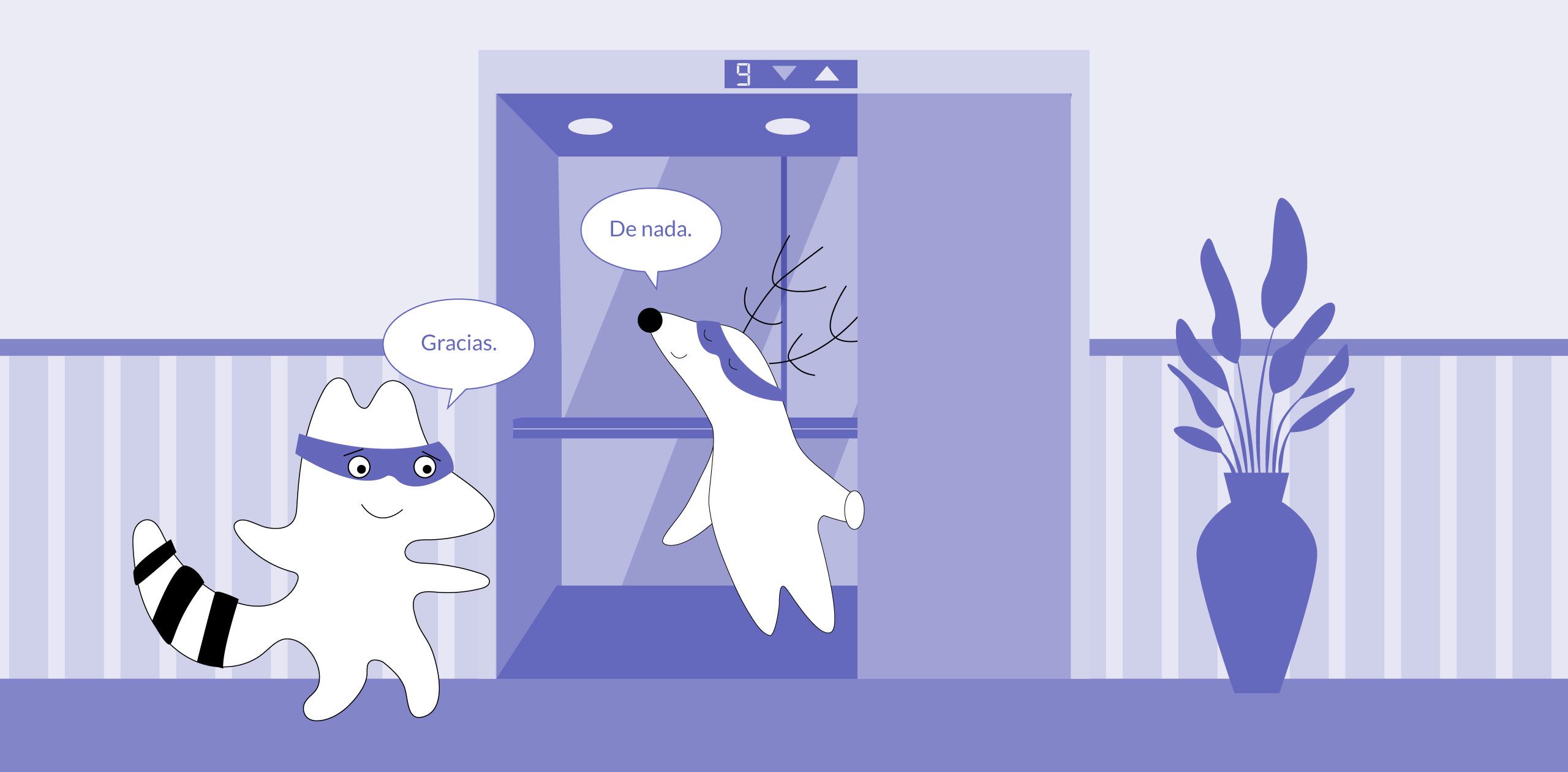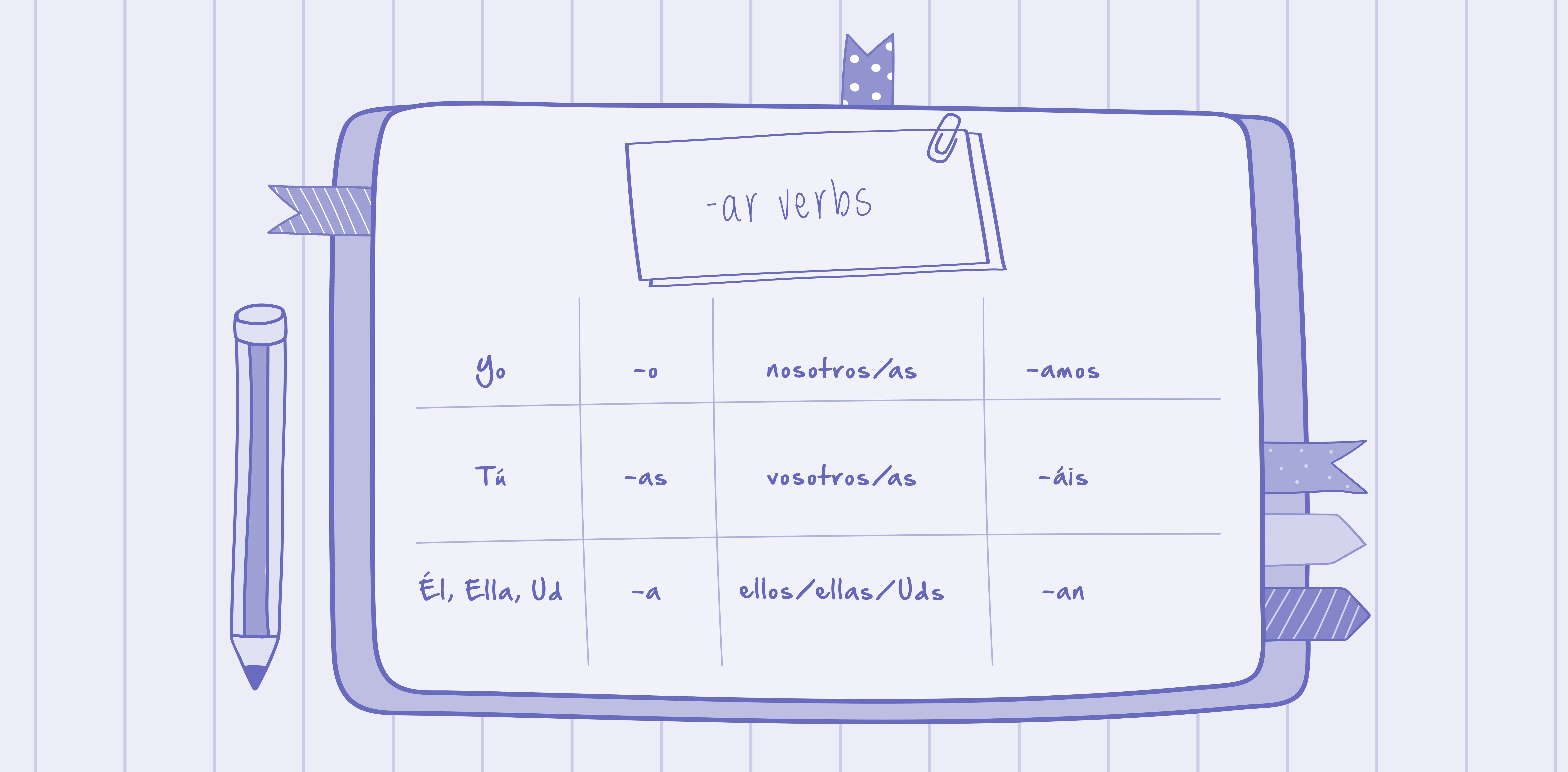
Do you want to learn the days of the week in Spanish? Knowing how to express these dates is an important part of everyday conversation and will help you sound more natural when speaking.
In this article, we'll look at each day of the week, explore their interesting etymology, and compare them with their English counterparts. By learning about the days of the week, you'll be able to confidently use them in all kinds of conversations!
Learn Spanish with Langster
Etymology of the Days of the Week in Spanish
The Spanish language has seven days of the week:
| Spanish | English |
|---|---|
| Lunes | Monday |
| Martes | Tuesday |
| Miércoles | Wednesday |
| Jueves | Thursday |
| Viernes | Friday |
| Sábado | Saturday |
| Domingo | Sunday |
| Spanish | English |
|---|---|
| Lunes | Monday |
| Martes | Tuesday |
| Miércoles | Wednesday |
| Jueves | Thursday |
| Viernes | Friday |
| Sábado | Saturday |
| Domingo | Sunday |
And, all of them have a very interesting etymology.
- Lunes is derived from the Latin ‘dies Lunae,’ literally meaning “Day of the Moon.”
- Similarly, Martes comes from “dies Martis” or “Day of Mars,” which is in reference to the Roman god of war and agriculture.
- Miércoles originates from the Latin “dies Mercurii” meaning “Day of Mercury,” referencing the messenger god of the Roman pantheon.
- Meanwhile, Jueves is derived from “dies Jovis” or “Day of Jupiter,” who was the chief deity in the Roman pantheon.
- Viernes comes from Latin “dies Veneris” or “Day of Venus,” who was goddess of love and beauty.
- Also, Sábado is derived from “dies Saturni” or the “Day of Saturn,” god of agriculture and time in Roman mythology.
- Lastly, Domingo comes from “dies solis,” meaning “Day of the Sun.”
Comparison With the Days in English

The English language has different roots from Spanish, and so the origins of this vocabulary is completely different. The English days of the week have been derived from Germanic traditions, with their names all having Anglo-Saxon roots.
- Sunday is derived from the Old English "sunnandæg" (meaning day of the sun), and Monday, from "mōnandæg" (which translates to "moon day).
- Tuesday comes from the Old English word "Tiwesdæg," which means "Tiw's day." Tiw was the name of a Germanic god of war, who was later identified with the Norse god Tyr.
- Wednesday has roots from the Middle English “wednesdei” and the Old Germanic translation of “Wodanaz dagaz,” both referring to Woden or Odin, who was a chief god in Norse mythology.
- Thursday comes from the Old English word "Þunresdæg," which means "Thor's day." Thor was the god of thunder and lightning in Norse mythology and was one of the most important gods in the pantheon. He was known for his strength, courage, and his mighty hammer Mjölnir.
- Friday has its roots coming from Old English and Old High German translations of “frigedæg," or "Frigg's day.” Frigg was the wife of Odin and is often compared to the Greek goddess Hera.
- Finally, Saturday means “Saturn’s day," in reference to the Roman deity of agriculture, Saturn.
Overall, although the English days of the week have their roots in Anglo-Saxon, Spanish days of the week have both Germanic and Latin origins. In comparison to English terms, some words are very similar, such as the Spanish word “lunes,” which means moon day in both languages.
How to Ask ¿Qué Día Es Hoy?

Now, let's cut to the chase and understand the best phrases to say the days of the week. In Spanish, there are different ways to ask "what day is it today?". Let's have a look at some examples:
Spanish
English
¿Qué día es hoy?
What day is it today?
¿Qué día es hoy de la semana?
What day of the week is today?
¿En qué día estamos?
What day is it today?
¿En qué fecha estamos?
What date is it today?
Note: You may have noticed that both "¿qué día es hoy?" and "¿en qué día estamos?" have the same translation in English. This happens because the second example is a very common way to ask what day is it today (particularly in South America), though the grammar is not totally correct. A literal translation would be "in what day are we today?".
Practical Examples

It's important to learn the days of the week in Spanish, because they will be used frequently and in many different contexts. Knowing these words will allow beginner Spanish learners to read timetables, book appointments, and plan for the future with ease.
It's also an important part of understanding the calendar and culture in Spanish-speaking countries. Understanding the etymology behind each word can help to further cement them in your memory, giving you a deeper understanding of the language.
Let's have a look at some common phrases used with the days of the week:
Spanish
English
Voy a nadar los miércoles y viernes.
I'm going for a swim on Wednesday and Friday.
Me gusta comprar frutillas cada lunes del año.
I like buying strawberries every Monday of the year.
El lunes estuvo lluvioso.
On Monday, it was rainy.
Voy a buscar un nuevo trabajo el martes.
I'm going to look for a new job on Tuesday.
La semana es larga.
The week is long.
Si es sábado, hay precios muy interesantes.
If it's Saturday, the prices are interesting.
El viernes me voy de fiesta.
On Friday, I usually party.
Me levanto a la madrugada del lunes.
I get up very early on Monday.
More Info About the Days of the Week
Before closing the article, we wanted to share with you some important information about the days of the week in Spanish:
Are the Days of the Week in Spanish Capitalized?
No, the days of the week are not capitalized unless they appear after a period in a sentence.
Can the Days of the Week Be Abbreviated?
Yes, the days of the week can be abbreviated in Spanish. The most common abbreviations are lun., mar., mié., jue., vie., sáb. and dom.
Are the Days of the Week Gendered in Spanish?
Yes, the days of the week are masculine. For example:
Spanish
English
Voy a ir a trabajar el lunes.
I'm going to work on Monday.
The Bottom Line

Overall, learning the days of the week in Spanish is an essential part of your Spanish education that will help you immensely as you progress with your proficiency level. With a bit of dedication and practice, it won't take long to become familiar with these words and their meanings.
If you don’t already know how to start learning this vocabulary in an engaging way, you can always download our Langster app and begin your language journey with amazing stories! Then, you'll be able to use these new words and phrases with confidence and start to have conversations about your day-to-day activities!
Learn Spanish with Langster









